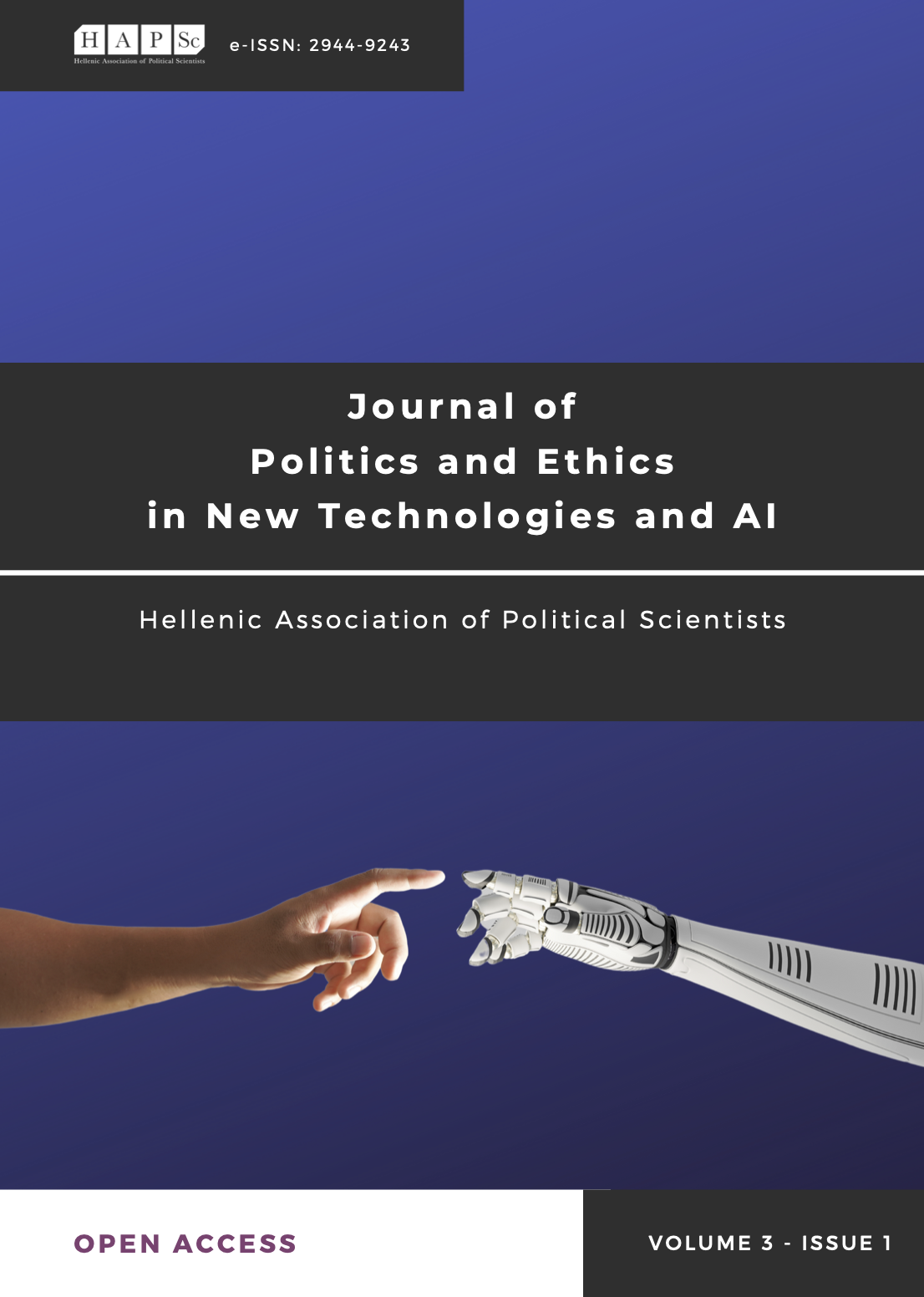Artificial Intelligence and Theology: Can Different Doctrines Have Different Outcomes?

Abstract
This article focuses on how different theological perspectives may influence AI acceptance in diverse faith communities. It highlights differences between Western and Eastern Christian traditions, suggesting that the historical emphasis on intellect in Western Christianity might make it more open to AI, though challenges in church integration are acknowledged. Global examples of AI assimilation in religious practices, from a robotic Buddhist preacher to a blessing-delivering robot in a German church, are discussed. The article argues that theological doctrines shape AI perspectives, influencing ethics and raising profound questions about human identity. The ongoing debate questions whether AI threatens theology or fosters enriching dialogue. The article suggests, through historical parallels and the dynamic interplay of theological doctrines and technology, that the relationship between AI and theology could evolve into constructive engagement rather than inherent conflict.
Article Details
- Section
- Research Articles

This work is licensed under a Creative Commons Attribution 4.0 International License.
Authors retain copyright and grant the journal right of first publication with the work simultaneously licensed under Creative Commons 4.0 (CC-BY 4.0) license, that allows others to share the work with an acknowledgement of the work's authorship and initial publication in this journal.





